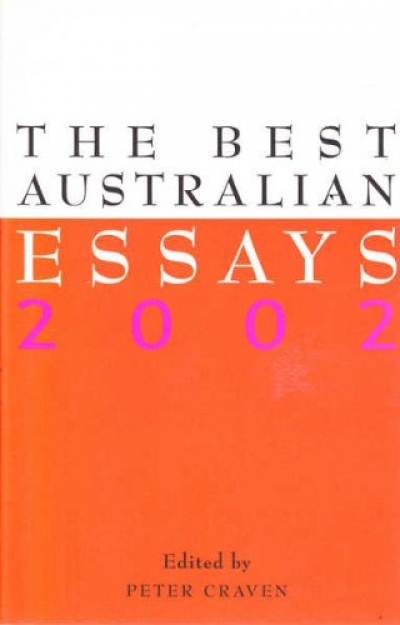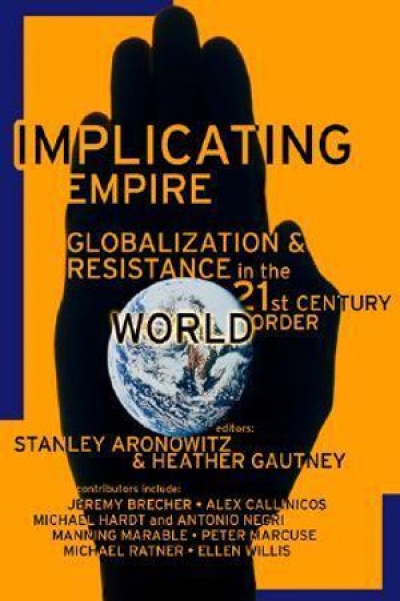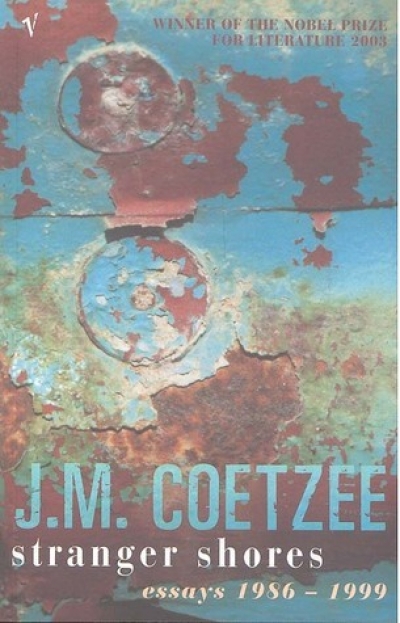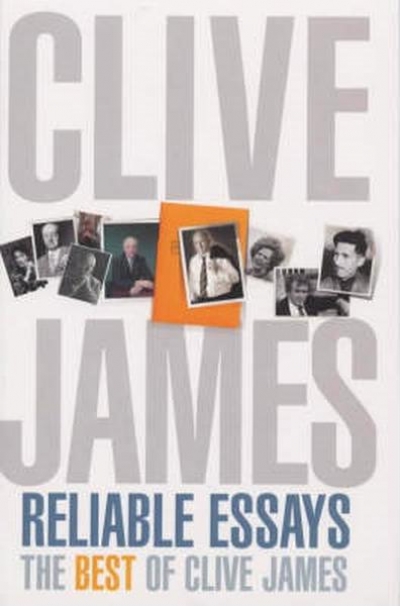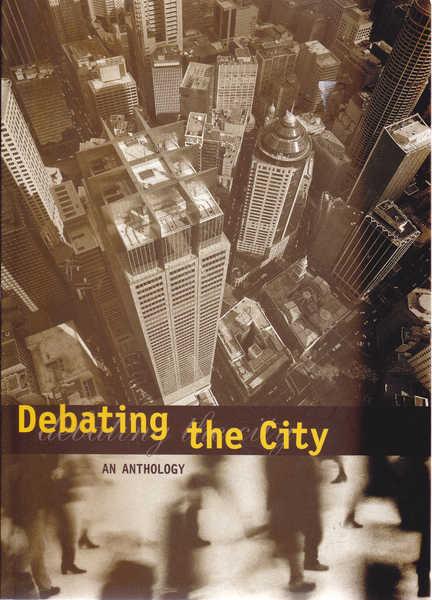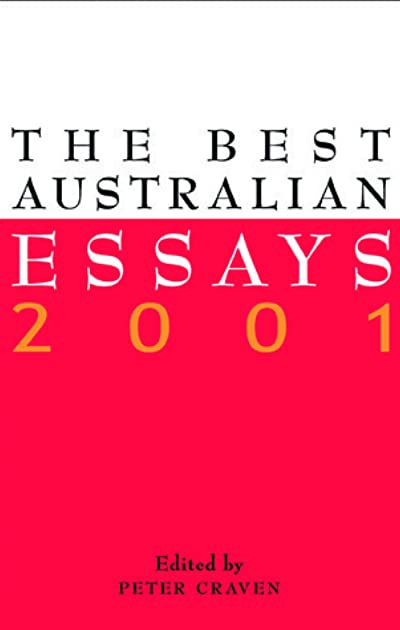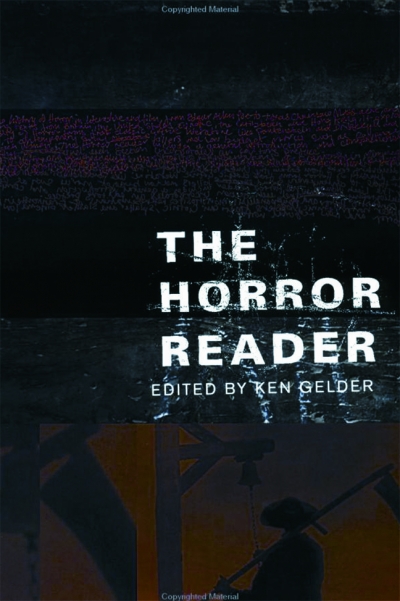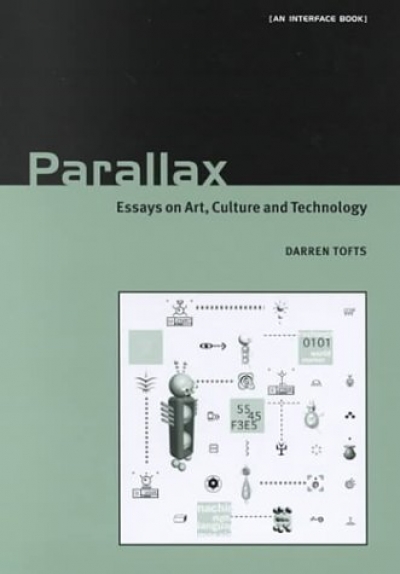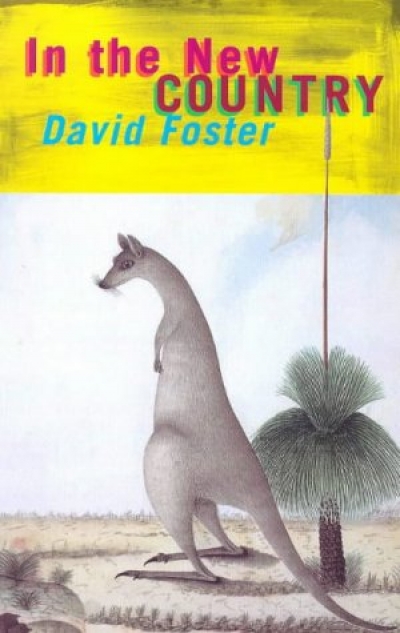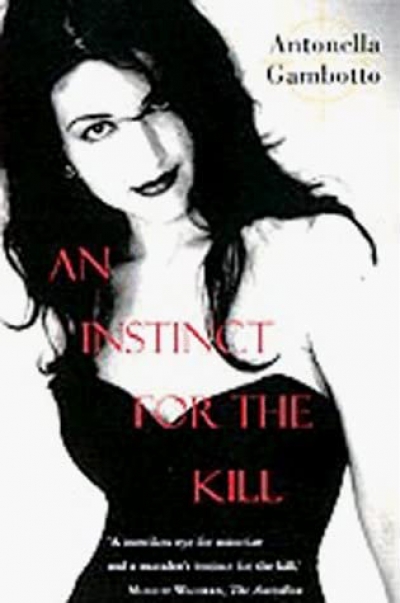Essay collections
Implicating Empire: Globalization and resistance in the 21st century world order edited by Stanley Aronowitz and Heather Gautney
by Peter Beilharz •
Stranger Shores: Essays 1986–1999 by J.M. Coetzee
by Evelyn Juers •
Reliable Essays by Clive James & Even As We Speak by Clive James
by Don Anderson •
Debating the City: An Anthology edited by Jennifer Barrett and Caroline Butler-Bowden
by John McPhee •
Parallax: Essays on Art, Culture and Technology by Darren Tofts
by Edward Colless •
In the New Country by David Foster & Studs and Nogs by David Foster
by Susan Lever •

